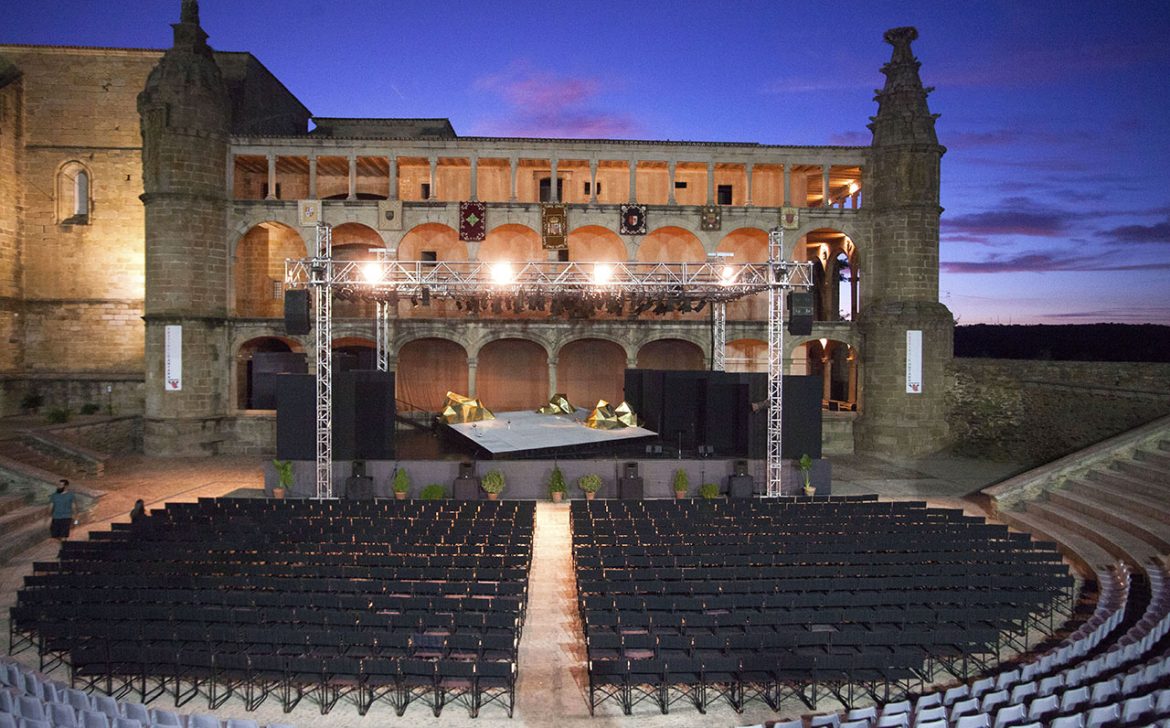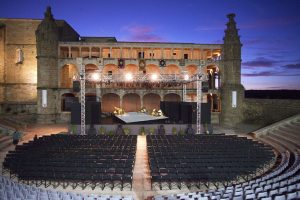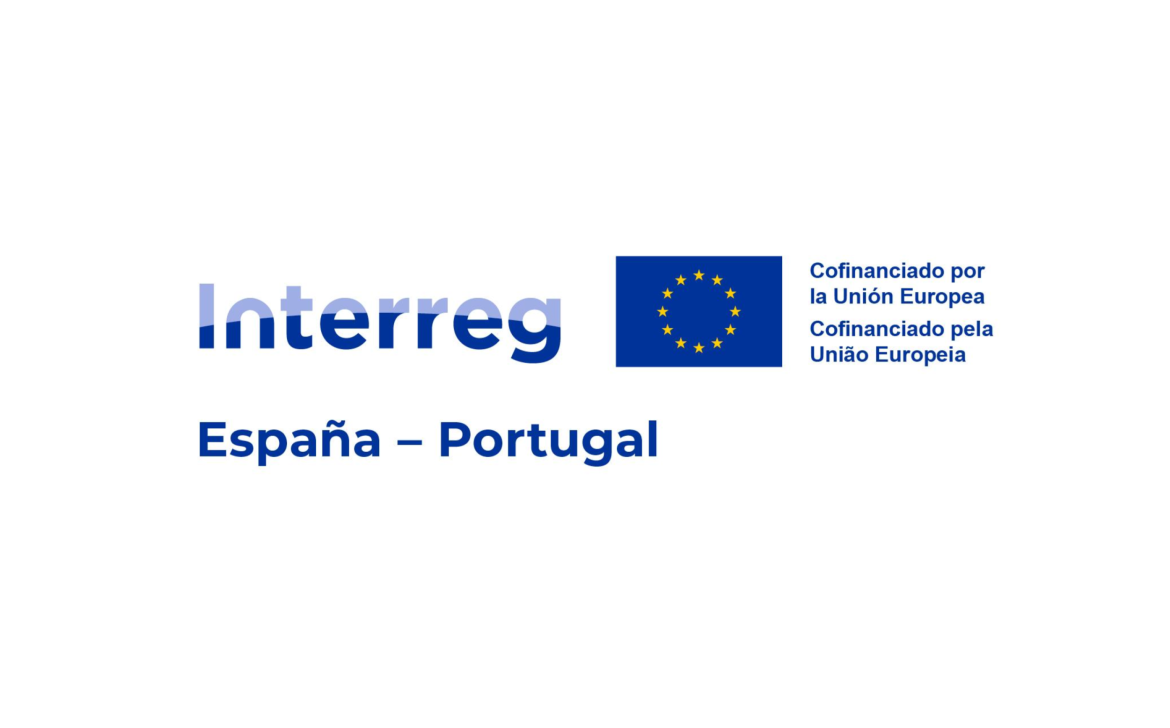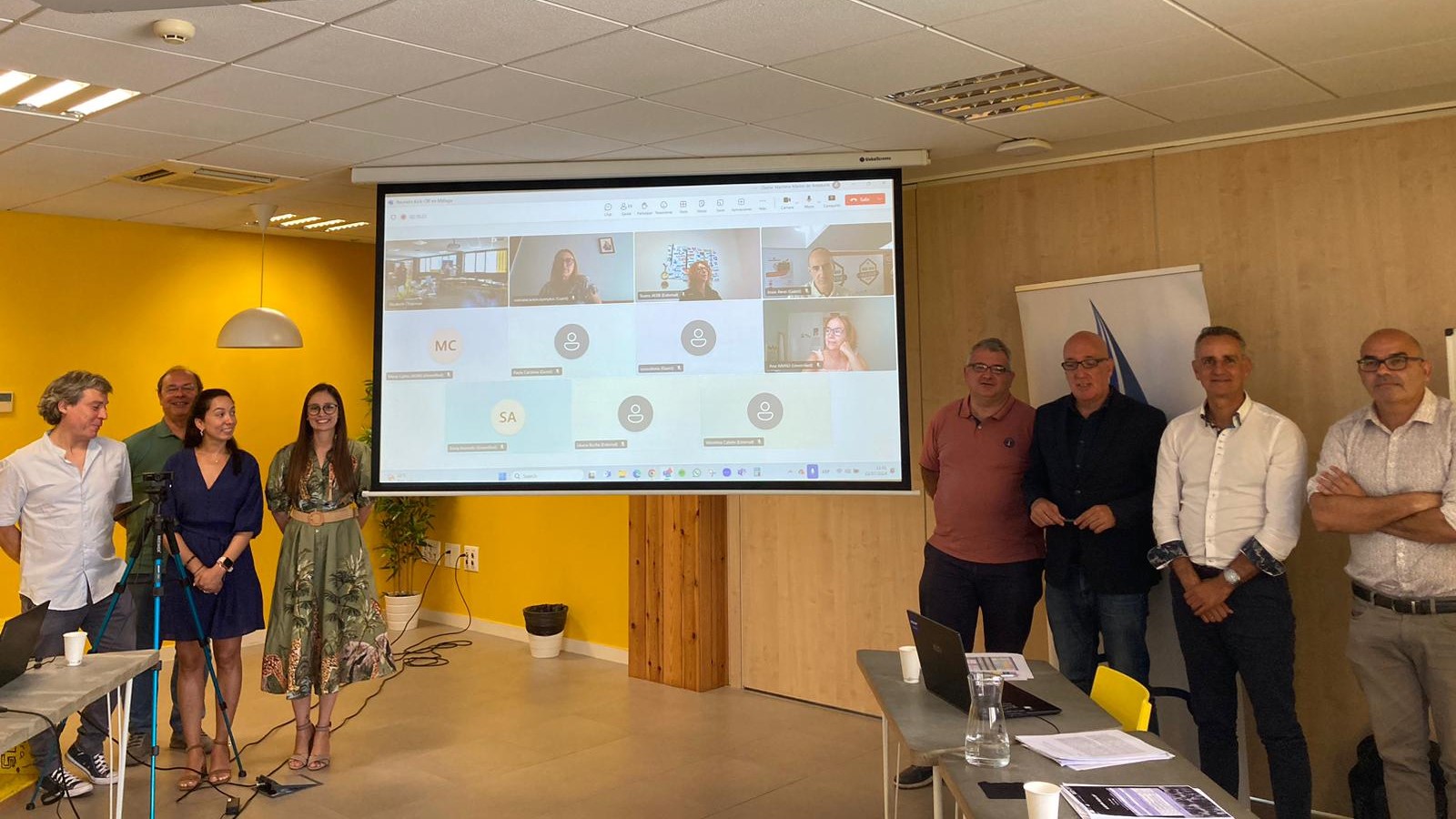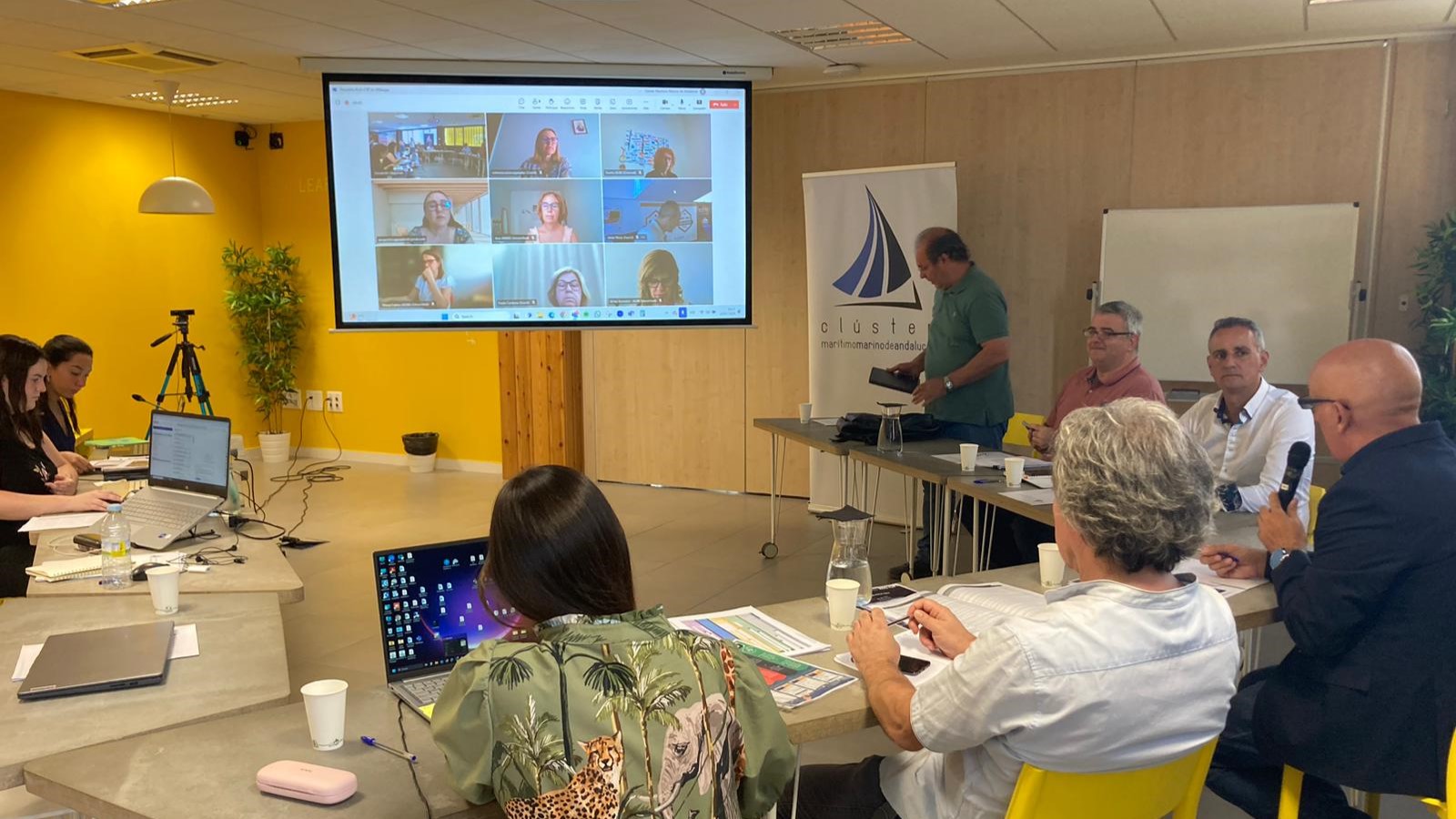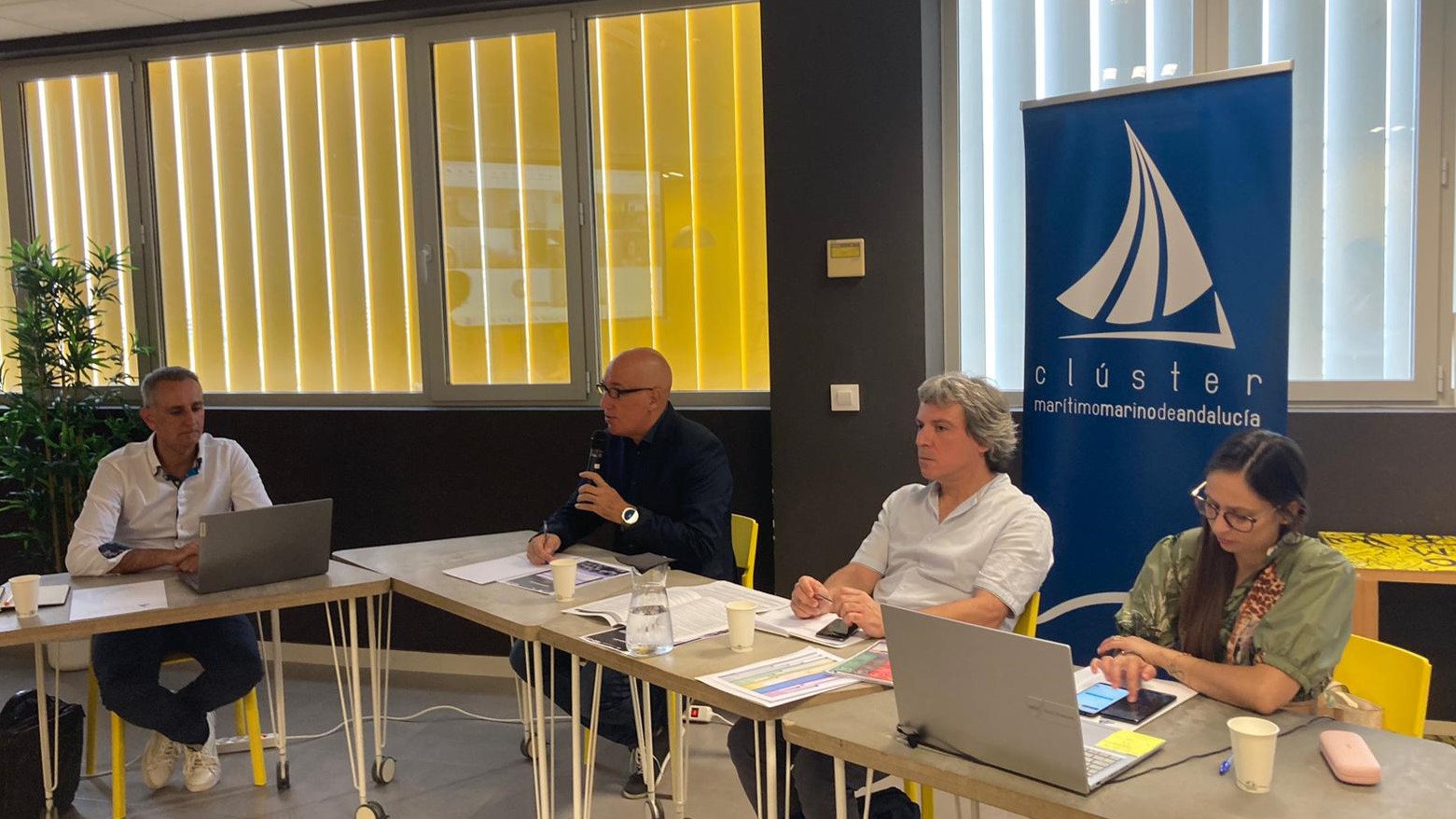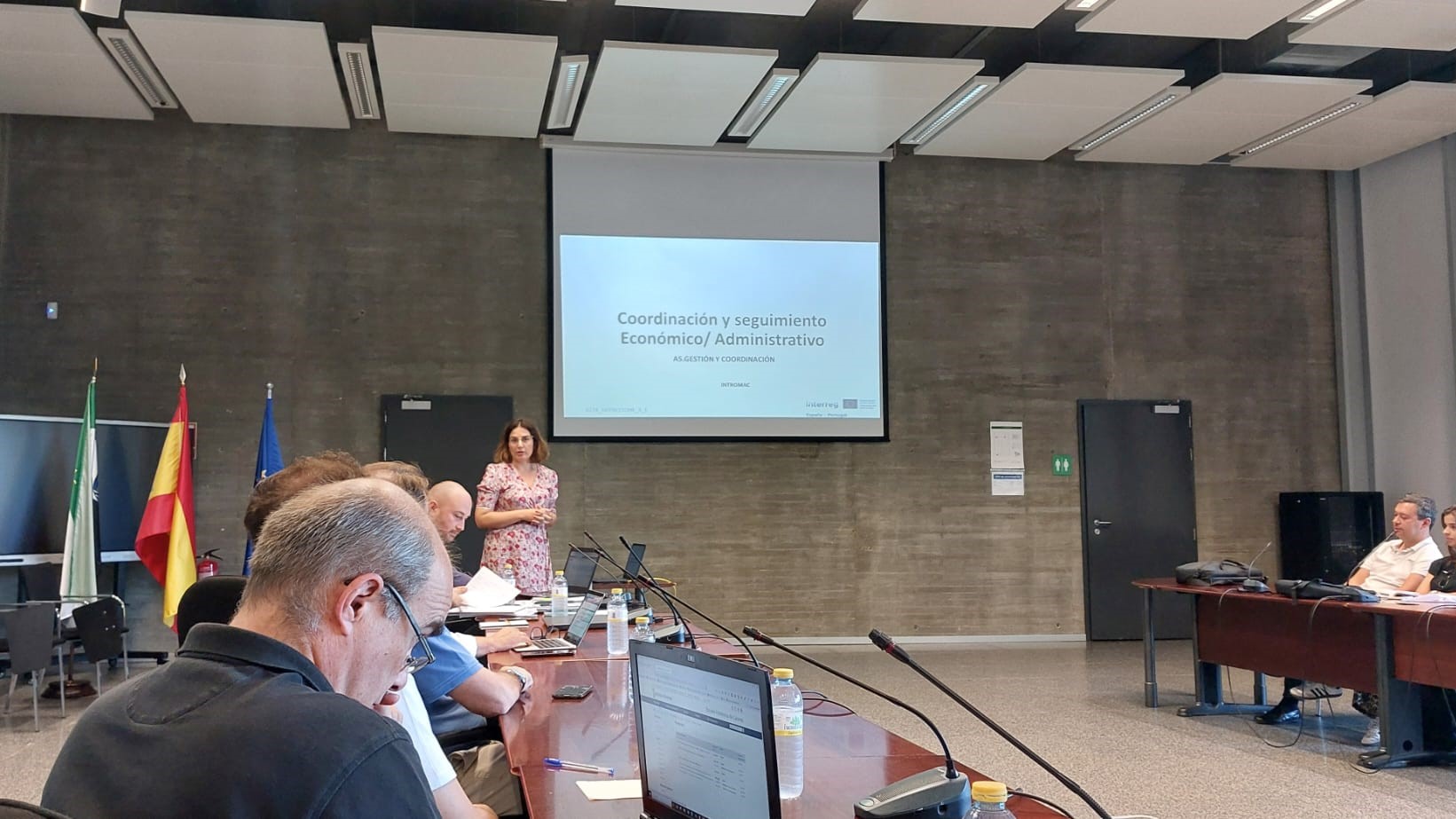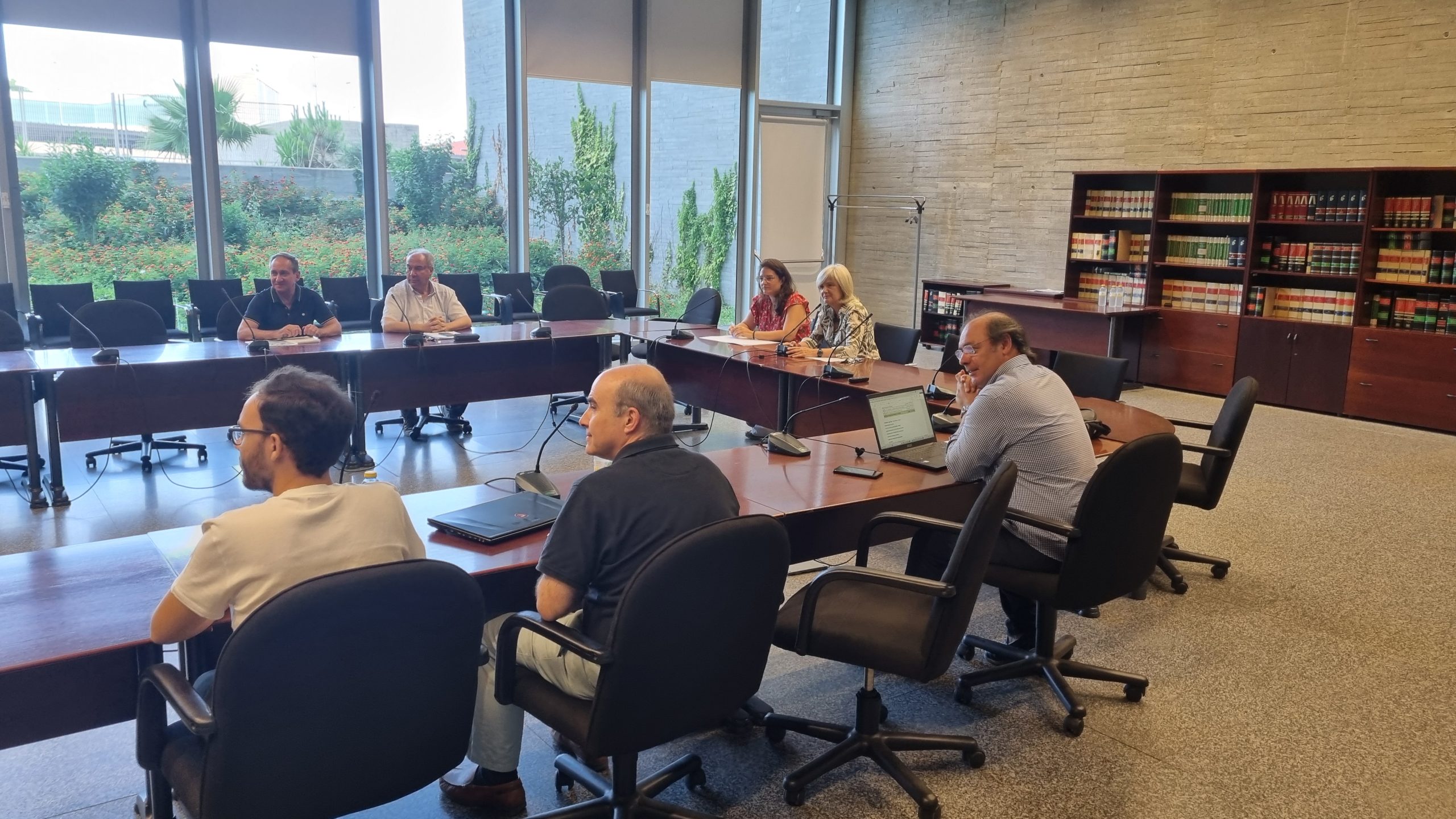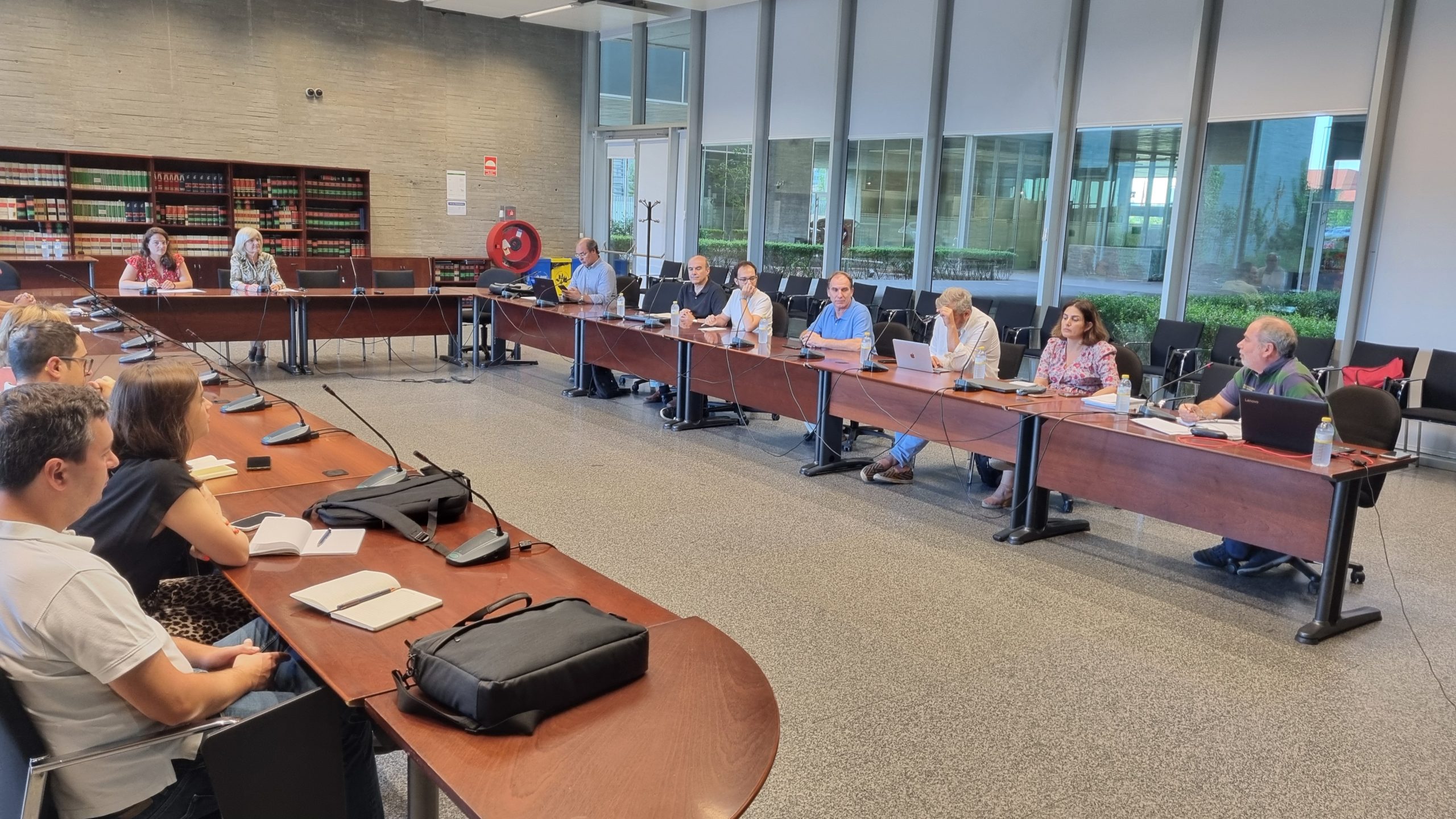1st Onda Cero Tourism Fair
From 13th to 15th September, the Extremadura Tourism Cluster and CETEX will be present at the 1st Onda Cero Tourism Fair, the first tourism fair for the province of Badajoz and Portugal. This event, which will take place at the Hospital Centro Vivo in Badajoz, aims to promote the region’s tourism offerings to the public and professionals alike.
Visitors will have the opportunity to explore cultural, gastronomic, monumental, and leisure attractions through exhibitors representing municipalities and businesses in the sector. At our stand, we will share information about the new projects we are involved in and will hold a raffle with services provided by our partners and collaborators for those who sign up.
Don’t miss this chance to discover the best of tourism in Extremadura and Portugal!

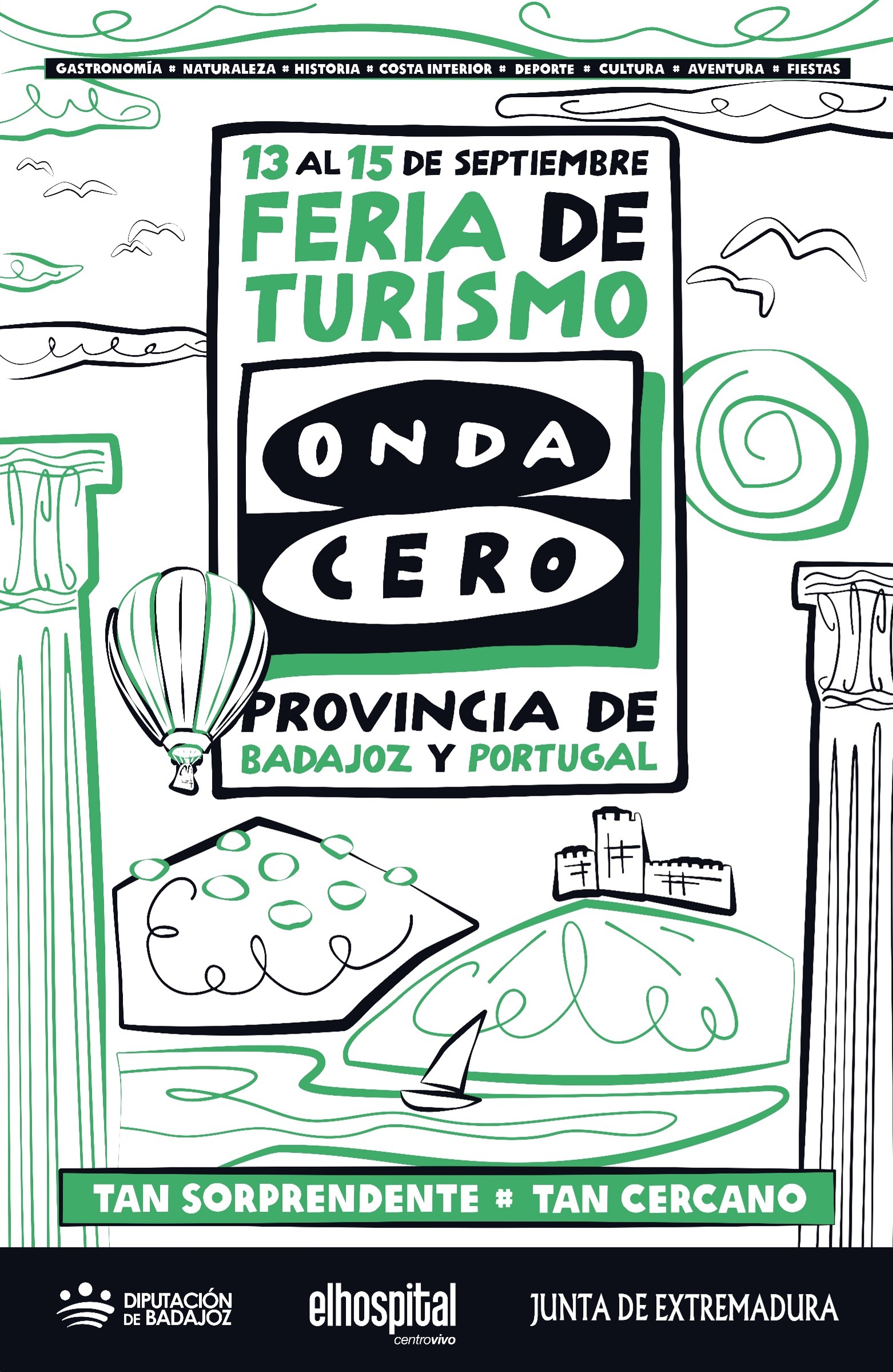

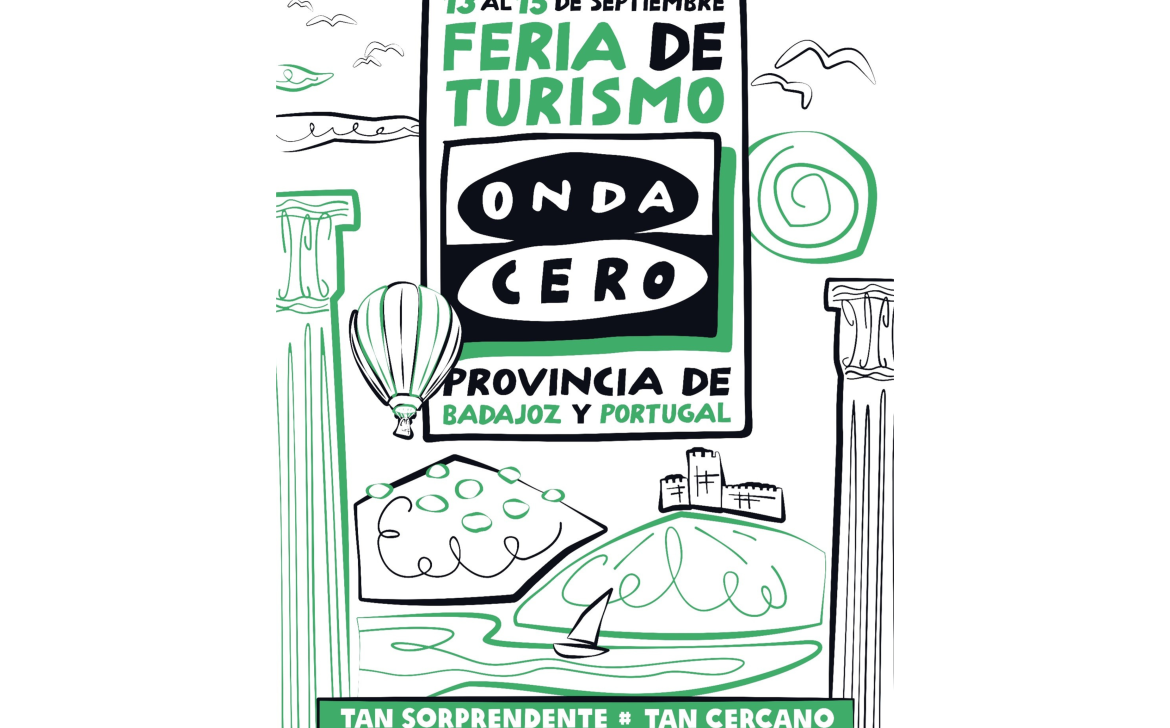

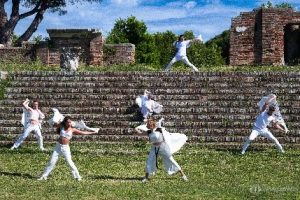
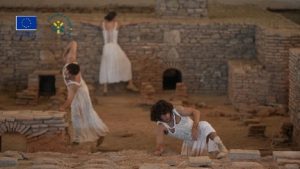

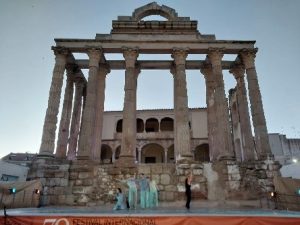
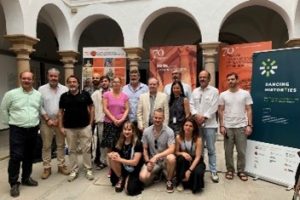 For this 70th edition, the Festival Internacional de Teatro Clasico de Mérida has staged a series of activities in line with the project values and concepts. At the same time, it has promoted several archaeological spaces in town that during the shows have involved the community and promoted the potential of using the city’s cultural heritage. “Diálogo” is the word that defines Dancing Histor(y)ies, the dialogue between the performing arts and cultural heritage, the dialogue between institutions and different countries. Proof is the fact that culture is a key to open doors to cross borders and establish collaborations. The artistic partners who presented their shows were ilDance, with a staging at the Roman Forum ‘Un día seremos estatuas’, and the group 420PEOPLE, with “Ícaro” at the Templo de Diana.
For this 70th edition, the Festival Internacional de Teatro Clasico de Mérida has staged a series of activities in line with the project values and concepts. At the same time, it has promoted several archaeological spaces in town that during the shows have involved the community and promoted the potential of using the city’s cultural heritage. “Diálogo” is the word that defines Dancing Histor(y)ies, the dialogue between the performing arts and cultural heritage, the dialogue between institutions and different countries. Proof is the fact that culture is a key to open doors to cross borders and establish collaborations. The artistic partners who presented their shows were ilDance, with a staging at the Roman Forum ‘Un día seremos estatuas’, and the group 420PEOPLE, with “Ícaro” at the Templo de Diana.
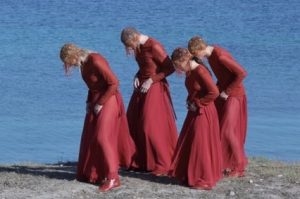




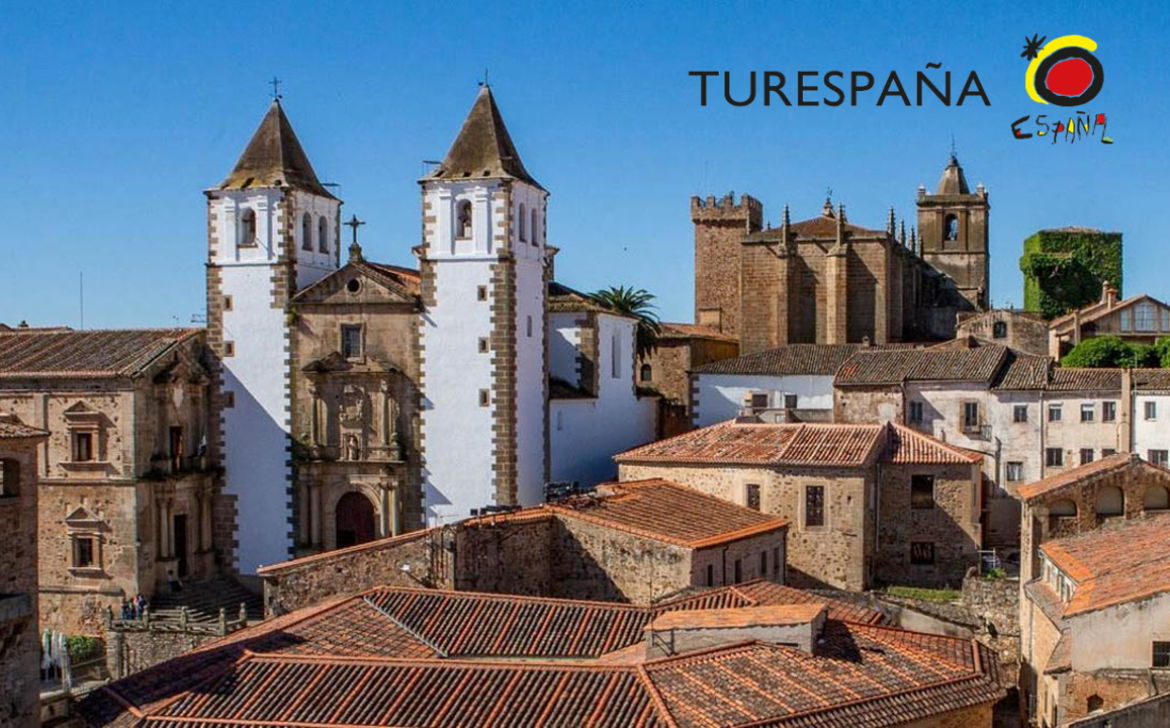
 The Extremadura Tourism Cluster is pleased to express our satisfaction with the selection of Cáceres as the host city for the 5th TURESPAÑA Convention in 2025. This event, presented by the Department of Culture, Tourism, Youth, and Sports of the Government of Extremadura, will not only benefit the city but also bring greater visibility to the entire region.
The Extremadura Tourism Cluster is pleased to express our satisfaction with the selection of Cáceres as the host city for the 5th TURESPAÑA Convention in 2025. This event, presented by the Department of Culture, Tourism, Youth, and Sports of the Government of Extremadura, will not only benefit the city but also bring greater visibility to the entire region.